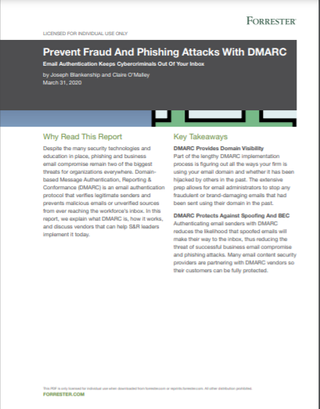FTC warns of rising cryptocurrency fraud
Marked rise in cryptocurrency losses began just as pandemic took hold

Cryptocurrency scams have escalated dramatically in the last six months, according to a Federal Trade Commission (FTC) report.
The FTC's Cryptocurrency Spotlight report, published Monday, warned that losses to cryptocurrency scams have soared in recent months, almost tripling in Q4 to nearly $30 million. Losses topped $50 million in the first quarter of 2021, the FTC found, with the median loss reaching $1,900 - a 1,000% increase compared to 2020.
Losses are unevenly distributed, with consumers aged between 20 and 49 five times more likely to report losing money to a cryptocurrency investment scam. Those between 20 and 30 were especially vulnerable, the report said. Conversely, consumers aged 50 and up were less likely to lose money to cryptocurrency crooks, but when they did, the median loss was higher, at $3,250.
Fraud masquerading as investment tips is a common way to reel in victims, warned the FTC. Many of these investment tips are Ponzi schemes that rely on 'investors' bringing in more people, creating long referral chains.
Another reason for the rise in cryptocurrency-related losses is that other scammers use the electronic payment method as an easy way to fleece victims.

Prevent fraud and phishing attacks with DMARC
How to use domain-based message authentication, reporting, and conformance for email security
For example, in the past, romance scammers have relied on more conventional forms of payment from their victims. Romance scam perpetrators often ask for money from the victim to pay for a supposed visit. In the last six months, however, 20% of the money lost to romance scammers was sent in cryptocurrency, with many of the victims reporting they thought they were investing in something on the scammer's recommendation.
Other crypto investment scams include “giveaway” fraud. The scammer impersonates a famous figure or takes over their account directly and makes a social media post inviting victims to send cryptocurrency with the promise of more in return.
Get the ITPro. daily newsletter
Receive our latest news, industry updates, featured resources and more. Sign up today to receive our FREE report on AI cyber crime & security - newly updated for 2024.
According to the FTC, scammers impersonated Elon Musk, who advocated for Bitcoin but subsequently stopped accepting payments for Tesla vehicles amid energy consumption concerns. The FTC said that scammers impersonated him to steal $2 million from victims in the past six months.
Impersonating others is a common way to steal cryptocurrency, with 14% of imposter scam victims reporting they used cryptocurrency as their form of payment. Scammers have posted as cryptocurrency exchange Coinbase, which became the first cryptocurrency exchange to go public in mid-April.
Although the FTC focuses on the rise in cryptocurrency losses over the last six months, it's worth noting that losses also rose substantially in Q3 2020, when they more than doubled from the $5 million lost in Q2. This aligns with the onset of the pandemic, which attracted large numbers of new retail investors according to last month’s Charles Schwab survey.
US broker-dealer regulator FINRA found the same in its February survey. Younger, less experienced investors flocked to the markets, research has found.
Danny Bradbury has been a print journalist specialising in technology since 1989 and a freelance writer since 1994. He has written for national publications on both sides of the Atlantic and has won awards for his investigative cybersecurity journalism work and his arts and culture writing.
Danny writes about many different technology issues for audiences ranging from consumers through to software developers and CIOs. He also ghostwrites articles for many C-suite business executives in the technology sector and has worked as a presenter for multiple webinars and podcasts.





